The iPhone 14 now sits in the middle of Apple's iPhone lineup below the iPhone 15 and iPhone 15 Pro, but above the iPhone SE and iPhone 13. The iPhone 13 starts at $599, while the iPhone 14 and iPhone 14 Plus are priced at $699 and $799, so how different are the two successive iPhone generations?
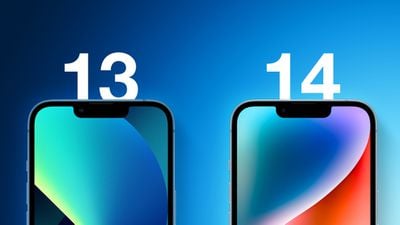
In 2021, Apple unveiled the iPhone 13 as the successor to the popular iPhone 12, with improved rear cameras, longer battery life, the A15 Bionic chip, and more. The iPhone 14 launched one year later, with the headline upgrade being a new iPhone 14 Plus model with a 6.7-inch display – a screen size that was previously exclusive to Apple's "Pro" iPhones. Upon the debut of the iPhone 15 and iPhone 15 Pro, Apple dropped the price of the iPhone 13, iPhone 14, and iPhone 14 Plus to $599, $699, and $799, respectively. The iPhone 13 mini has now been discontinued.
The iPhone 13 and iPhone 14 both feature the same display size, 5G connectivity, A15 Bionic chip, and design. Nevertheless, the iPhone 14 still offers a number of upgrades, such as an additional GPU core, Emergency SOS via satellite, the Photonic Engine, and Action Mode.
As the iPhone 13 and iPhone 14 share the overwhelming majority of their features and have the same design, should you consider sticking with the iPhone 13 to save money? Our guide helps to answer the question of how to decide which of these two iPhone models is best for you, and serves as a way to clearly see the differences that the iPhone 14 brings to the table.
| iPhone 13 | iPhone 14 and iPhone 14 Plus |
|---|---|
| Thickness of 7.65mm | Thickness of 7.80mm |
| Weighs 174 grams | Weighs 172 or 203 grams |
| 4-core GPU | 5-core GPU |
| 4GB of memory | 6GB of memory |
| 12-megapixel Main camera with ƒ/1.6 aperture | 12-megapixel Main camera with ƒ/1.5 aperture and larger sensor |
| 12-megapixel front-facing camera with ƒ/2.2 aperture | 12-megapixel front-facing camera with ƒ/1.9 aperture and autofocus |
| Photonic Engine | |
| Cinematic mode for recording videos with shallow depth of field (1080p at 30 fps) | Cinematic mode for recording videos with shallow depth of field (4K HDR up to 30 fps) |
| Action mode | |
| Bluetooth 5.0 | Bluetooth 5.3 |
| Emergency SOS | Emergency SOS via satellite |
| Crash Detection | |
| 19-hour battery life | 20- or 26-hour battery life |
| eSIM optional | eSIM only (in the U.S.) |
| Available in Green, Pink, Blue, Midnight, Starlight, and PRODUCT(RED) | Available in Blue, Yellow, Purple, Midnight, Starlight, and PRODUCT(RED) |
| Starts at $599 | Starts at $699 or $799 |
The iPhone 14's upgrades over the iPhone 13 are fairly minor, offering small refinements in terms of photography and videography capabilities, battery life, and GPU performance. 6GB of memory, Crash Detection and Emergency SOS via satellite, three features that also came to the iPhone 14 Pro and iPhone 14 Pro Max in 2022, are moderate upgrades for the safety-conscious. That being said, the iPhone 14 is probably best suited to those coming from an older device and intend to keep their iPhone for a long time.
- iPhone SE vs. iPhone 13 Buyer's Guide: Comparing Apple's Cheapest iPhones
- iPhone 14 vs. iPhone 15 Buyer's Guide: 20+ Upgrades Compared
At face value, there is likely not enough to justify getting the iPhone 14 over the iPhone 13. Matters may be different if you want a larger display size, as there is no equivalent to the iPhone 14 Plus in the iPhone 13 lineup. Even then, the iPhone 14 Plus's $799 starting price is the same as the iPhone 15 – one of Apple's latest models. The iPhone 15 sports a wide array of new features, such as the Dynamic Island, a 48-megapixel camera, a USB-C port, and more, making for a much more attractive and future-proof purchase.
The iPhone 13 is still highly capable for everyday use, and iPhone 14 shares the vast majority of the iPhone 13's most versatile features, such as the A15 Bionic chip, OLED Super Retina XDR display, Ceramic Shield, Night mode, MagSafe, and IP68 water resistance, so it is generally better to save the $100 and get the older model, or opt for the iPhone 15 instead.


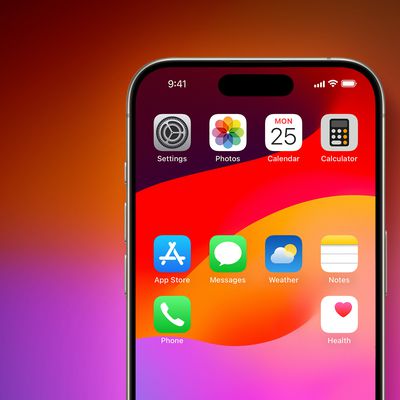
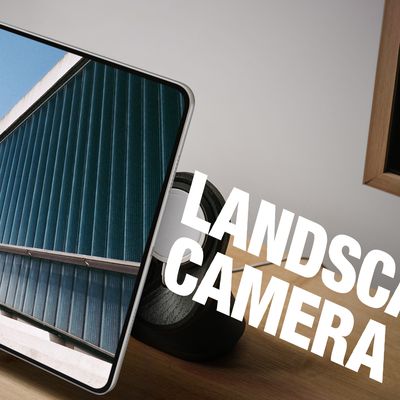
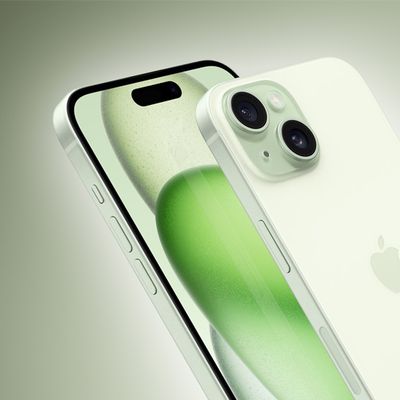
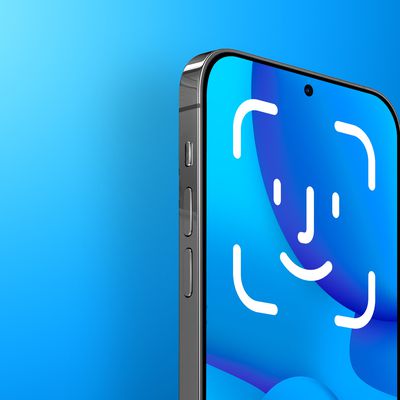

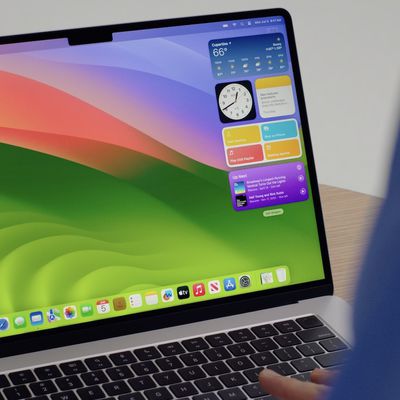








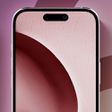





Top Rated Comments
That being said, I agree with previous comments that "should you upgrade" articles seem kind of ill-advised before the device in question is actually out.